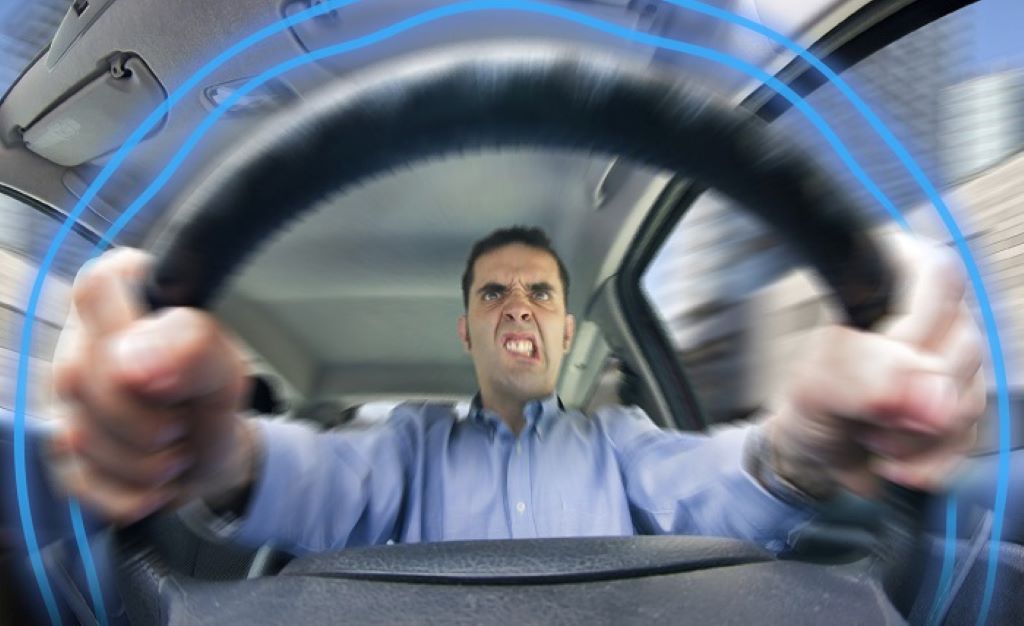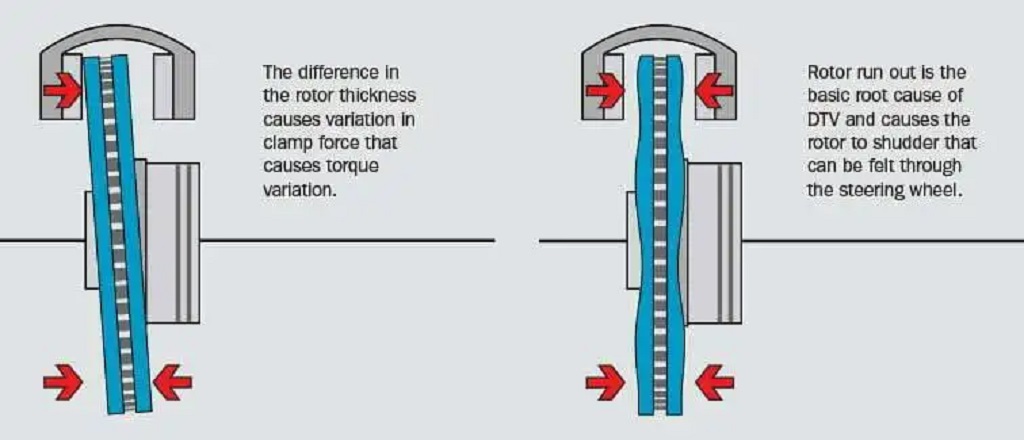
Have you ever experienced that unsettling vibration in your car when you hit the brakes? It can be a disturbing sensation, leaving you wondering if your vehicle’s seriously wrong. This problem is quite common, especially in modern vehicle trading. In this article, we’re going to explore the common reasons behind this phenomenon and what you can do to address it. Buckle up, and let’s dive into the world of car shake when braking.
Understanding the Brake System
Before we delve into the reasons behind the car shake, it’s essential to know proper car maintenance at https://vehicletradeus.com/vehicle-maintenance/vehicle-maintenance-strategies/ and have a basic understanding of how the brake system works. Your car’s brakes are a crucial safety component that allows you to slow down and stop when needed. Pressing the brake pedal activates a hydraulic system that squeezes the brake pads against the brake rotors, creating friction and slowing down the wheels.
Common Causes of Car Shaking When Braking
Now, let’s explore why your car might shake when you apply the brakes. Remember, promptly addressing these issues can prevent further damage and ensure your safety.
1. Worn Brake Rotors
One of the most common culprits behind the car shake when braking is worn-out brake rotors. Over time, the friction generated during braking can cause the brake rotors to become uneven, resulting in vibrations. Replacing these worn rotors can often resolve the issue.
2. Warped Brake Discs
Warped brake discs are another frequent cause of brake-induced vibrations. This can occur due to overheating during heavy braking or sudden cooling from driving through water. The uneven surface of the discs leads to shaking when you apply the brakes.
3. Uneven Brake Pad Wear
Uneven wear on your brake pads can also lead to shaking when braking. If one side of the brake pad wears down faster than the other, it can create an imbalance and cause vibrations. Regular maintenance and replacement of brake pads can help prevent this issue.
4. Suspension Problems
Issues with your car’s suspension system, such as worn-out shocks or struts, can contribute to vibrations when braking. The suspension plays a crucial role in maintaining stability, and any problems in this area can affect your car’s overall performance.

5. Wheel Alignment
Improper wheel alignment can result in uneven tire wear, leading to vibrations when braking. If your car pulls to one side when you brake, it may be time to check and correct your alignment.
6. Loose or Damaged Brake Components
Loose or damaged brake components, such as calipers or brake pads, can cause vibrations when braking. Regular inspections can help identify and address these issues before they become more severe.
Addressing the Issue
Now that you know some of the potential causes of your car shaking when braking, the next step is addressing the problem. It’s essential to consult with a professional mechanic who can diagnose the issue accurately and recommend the appropriate repairs. Ignoring these vibrations can lead to further damage and compromise your safety on the road.
Conclusion
A shaking car when braking can be attributed to various factors, ranging from worn brake components to suspension issues. When faced with the challenge of fixing a car that won’t start, identifying and addressing the root cause promptly is crucial for maintaining your vehicle’s safety and performance. Remember, regular maintenance and inspections are key to preventing such problems and ensuring your car starts reliably. If you ever experience your car shaking when you brake, don’t hesitate to seek professional assistance to ensure a smooth and safe driving experience.
FAQs
- Is it safe to drive if my car shakes when I brake?
It’s not recommended to drive if your car shakes when you brake. This could indicate a serious issue with your brakes or other components, and driving in this condition can be unsafe. Consult a mechanic for a thorough inspection.
- How much does it cost to fix brake-related vibrations?
The cost of fixing brake-related vibrations can vary widely depending on the damage’s cause and extent. It’s best to get a professional assessment to determine the exact cost.
- Can I temporarily fix the issue myself?
While some minor issues, like loose lug nuts, can be addressed by the car owner, it’s generally advisable to consult a professional mechanic for brake-related problems to ensure safety and effectiveness.
- How often should I have my brakes inspected?
Regular brake inspections are recommended at least once a year or as advised in your vehicle’s maintenance manual. However, if you notice any unusual symptoms like shaking when braking, get your brakes checked immediately.
- Are there any DIY tips for maintaining my brake system?
Basic brake maintenance, such as checking brake fluid levels and inspecting brake pads for wear, can be done by car owners. However, it’s best to leave it to the experts for more complex issues for safety reasons.
